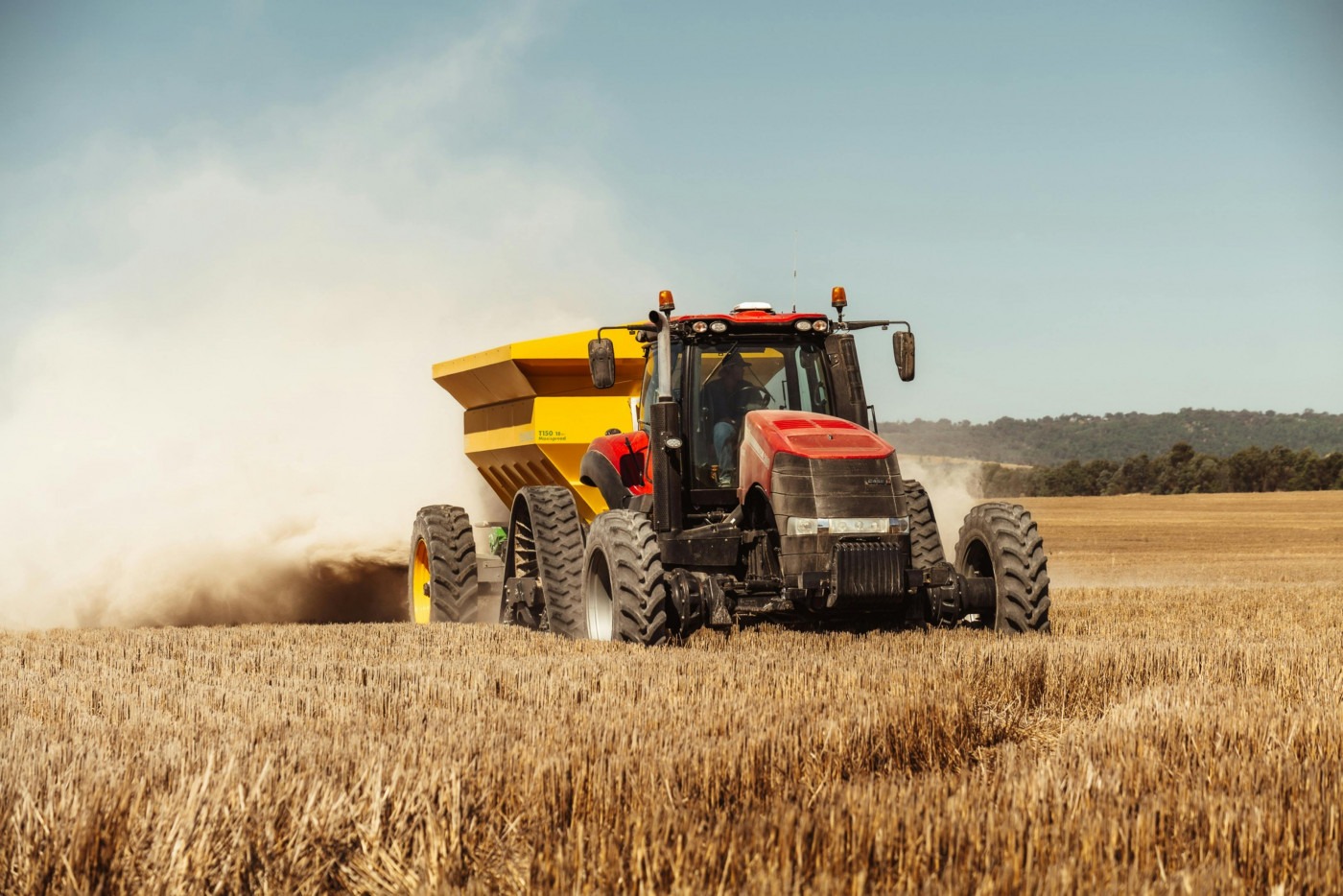Rent-seeking or real concern? Farmers protest new tax reforms
As the new Labour government took office, their new budget was one of the first to cause controversy. A major sticking point was the proposed changes to tax reliefs, where inheritance tax was introduced for agricultural assets worth over £1m in the majority of cases.
Agriculture Property Relief is a relief from inheritance tax granted by the Inheritance Tax Act 1984. This act specifically protects landowners from inheritance tax when the lands’ purpose is agriculture, such as with the growing of crops or intensive rearing of animals. However, the government argues that wealthy landowners have used this as a loophole, allowing them to escape paying tax which is needed to support rural communities.
The change will take effect from 6 April 2026 and is expected to affect wealthier landowners while protecting smaller farms, offering larger tax relief based on assets and ownership.
It is unsurprising that there has been uproar from the farming community, as many of them have had their farms for generations. The proposed budget changes are raising fears that farmers may have to sell parts of their farms, which would in turn make them less economically viable. Farmers argue that food security will be threatened and living costs may rise further across the country. Furthermore, small family-run farms, which are the backbone of many rural communities, fear that this could disrupt local economies that depend heavily on agriculture as the change may reduce employment opportunities and undermine rural traditions and heritage.
Starmer has emphasised the government’s commitment to supporting rural communities and ensuring that genuine family-run farms continue to thrive
On 19 November, 20,000 farmers and their families joined the rally at Westminster partly spearheaded by Jeremy Clarkson, known for his farming-focused show: Clarkson’s Farm. He claimed that 96% of farmers will pay inheritance tax.
In response to these protests and concerns, Sir Keir Starmer has attempted to reassure farmers, insisting that the majority will not be affected and that this is “the single-biggest amount of money into farming and sustainable food production that has ever been set aside in any Budget, ever.” He also argues that “when you look at all the thresholds available, that means that only farms over the value of £3 million will be affected by the changes” and so small family farms will remain able to be passed on through generations. Starmer has emphasised the government’s commitment to supporting rural communities and ensuring that genuine family-run farms continue to thrive, while targeting wealthy landowners who have exploited tax loopholes. He stressed the importance of protecting food security and preserving the cultural heritage of farming and the need to support families, while promising to engage with farmers directly to address their specific concerns and ensure fair implementation of the new policies.
To address the fears that farmers are having the government should implement clear protections for small farms
While farmers fear the changes may hurt their livelihoods, others have pointed out that farmers have significantly benefited already from subsidies, raising questions about whether additional support is truly needed. The additional tax raised could create almost £200m a year for the NHS and other services. They argue that redirecting these funds could address critical national priorities, such as healthcare and education, potentially benefiting a broader segment of the population. Additionally, a more balanced distribution of resources could improve infrastructure, access to medical care, and educational opportunities in rural areas, indirectly supporting farmers and their families.
However, to address the fears that farmers are having, the government should implement clear protections for small farms and farmers with legitimate agriculture work that could be threatened.
Ultimately, the goal should be to protect family farms while ensuring the tax system supports rural communities and discourages exploitation. Without these measures, the new policy risks alienating the entire agricultural sector, potentially jeopardising the UK’s food security and rural economy.

Comments